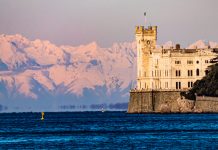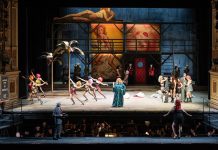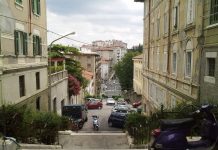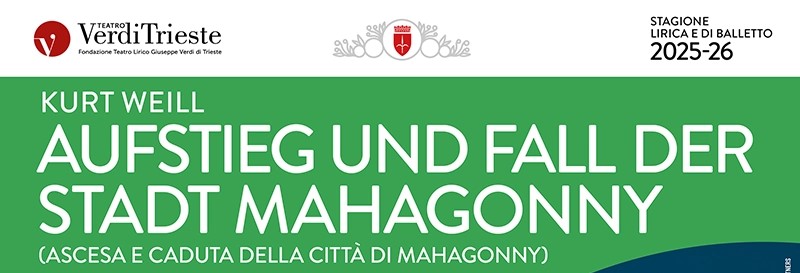by InTrieste
Six years after the historic signing of the Document on Human Fraternity for World Peace and Living Together by Pope Francis and Grand Imam of Al-Azhar Ahmad Al-Tayyeb, the University of Trieste brought religious and civic leaders together Tuesday evening for a public roundtable aimed at advancing interfaith dialogue and reaffirming shared human values.
Held in the university’s Bachelet Hall, the event drew a diverse audience of students, scholars, and local residents, all gathered to hear from two of Trieste’s most respected religious figures: Catholic Bishop Enrico Trevisi and Akram Omar, president of the city’s Islamic community. The conversation was moderated by University Rector Roberto Di Lenarda, who described the initiative as part of the university’s commitment to fostering ethical reflection and social engagement.
The roundtable—organized by Fulvio Longato, former professor of philosophy at the University of Trieste—focused on the urgent need for dialogue across faiths to counter rising global tensions and societal divisions. “The principles of mutual respect, active listening, and shared responsibility are not just lofty ideals,” Longato said in his opening remarks. “They are essential tools for building social cohesion and protecting human dignity in an increasingly polarized world.”
Both Bishop Trevisi and Omar emphasized the continued relevance of the Abu Dhabi declaration, which they hailed as a transformative document in Christian-Muslim relations. The two leaders engaged in a frank and constructive exchange on topics ranging from religious freedom and the plight of refugees to combating social exclusion and resisting all forms of extremism.
“Interfaith dialogue is not only a religious obligation but a civic one,” Omar noted. “It is how we ensure that the values of peace, justice, and human dignity are not mere slogans, but lived realities.”
Bishop Trevisi echoed this sentiment, stressing that believers and non-believers alike have a role to play in cultivating a culture of peace. “Silence and indifference are no longer options,” he said. “We must act together to reject violence, hatred, and discrimination in all their forms.”
The event concluded with a call to transform dialogue into action, with several attendees expressing hope that similar initiatives would become a regular feature of civic life in Trieste.





























